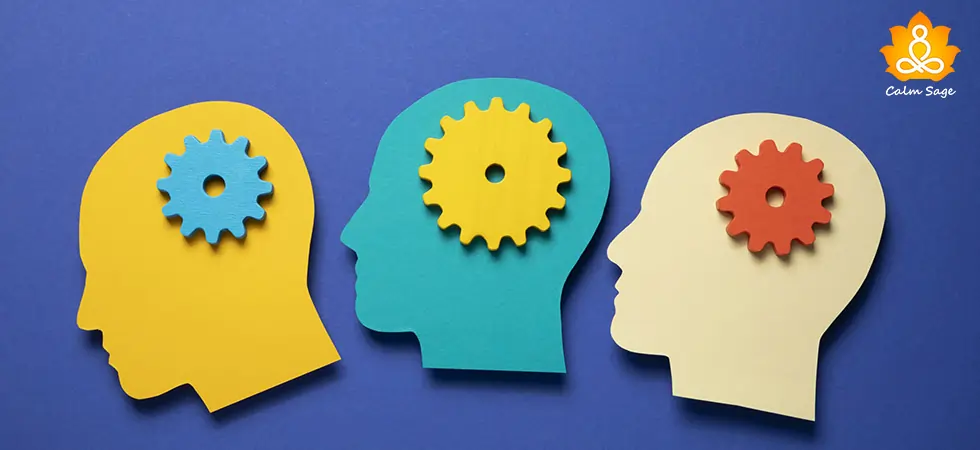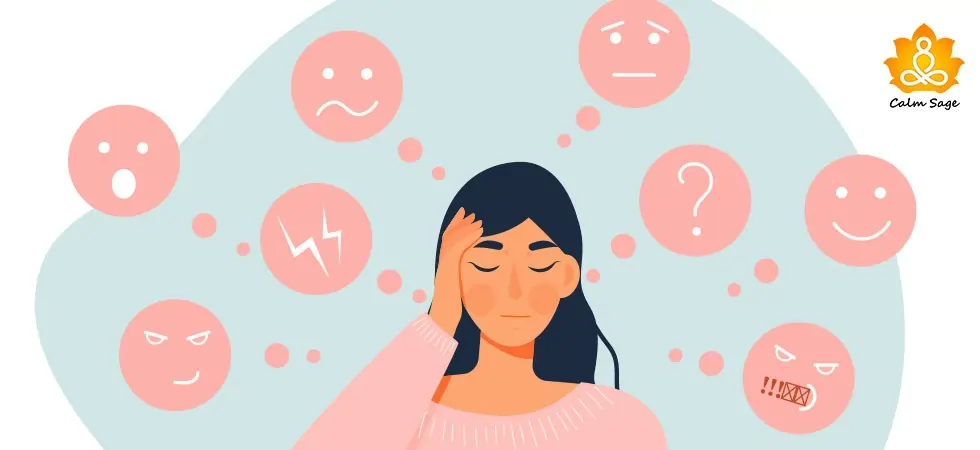Chronic Sleep Deprivation: Symptoms, Causes and Treatment

Have you ever yawned in the middle of driving? Or maybe while presenting in an important meeting? If you answer ‘yes’ to any of the questions I posed, then it is possible that you are sleep deprived.
If I don’t get at least a six-hour sleep, I get cranky and keep yawning all day. Rubbing the sting in my eyes from lack of sleep can get tiring and irritating after a point. I experienced sleep deprivation when I was initially diagnosed with clinical depression and at that time struggling to get enough sleep became my main concern. It made me irritable and focusing on my daily tasks was difficult.
But what is Chronic Sleep Deprivation?
In simple words – not getting enough sleep over a prolonged period of time can turn into chronic sleep deprivation. This condition may be caused if either you’re dealing with depression, anxiety, and any other related disorder or it may be related to some underlying medical condition.
Also Read: What Is Sleep Restriction Therapy For Insomnia?
Sleep deprivation can have a negative impact on the different aspects of your life such as personal life, professional life, or your day-to-day activities.
Symptoms Of Chronic Sleep Deprivation:

If you’re an insomniac or work late-night shifts, then you must be familiar with sleep deprivation. Many people don’t realize that sleep deprivation can turn into a chronic condition if left undiagnosed and untreated for a long time.
The symptoms for chronic sleep deprivation can look like this:
- Dark circle under the eyes
- Trouble concentrating while driving
- Nodding on and off
- Not being able to keep your eyes open
- Irritability
- Not having enough energy to perform your daily activities
- Feeling sleepy during work hours/daytime
- Trouble focusing on your tasks
- Waking up cranky
- Constant yawning
Health Effects Of Chronic Sleep Deprivation:

Chronic sleep deprivation can interfere with your daily performing, personal relationships, and trouble focusing on your job. It can impact your decision-making abilities and reduce your overall health.
Mental health effects of chronic sleep deprivation can be:
- False memories
- Not being able to stay alert
- Hallucinations
- Increase in stress
- Cognitive impairment (memory loss, etc.)
- Trouble processing information
- Not being able to think clearly
- Not being able to retain information
- Not being able to pay attention
Also Read: 15 Best Yoga Poses For Better Sleep In Bedtime
Physical effects of chronic sleep deprivation can be:
- Accidents at workplace/home
- Chronic headaches
- Risks of heart diseases
- Increase in blood pressure
- Gain/loss in appetite
- Risks of seizures, diabetes, and other related conditions
- Muscle and joint aches
- Constant trembling/tremors
- Hypertension
- Fatigue and tiredness
Causes Of Chronic Sleep Deprivation
There are various causes that can lead a person to develop chronic sleep deprivation. Some of them are:
- Stress (family, financial, work, etc.)
- Chronic medical conditions
- Sleep disorders (sleep apnea, insomnia, etc.)
- Mental health disorder (depression, bipolar, ADHD, PTSD, etc.)
- Irregular work/school schedule
- Consuming alcohol, caffeine, or caffeine-related products before bed
- More screen time before bed
If you or your loved one shows signs and symptoms of chronic sleep deprivation, then you should ask for help from a professional. There are various tests that can help you figure out your sleep disorder and the reasons for sleep deprivation.
Treatment Of Chronic Sleep Deprivation:
1. Psychotherapy
Therapy approaches such as cognitive-behavioral therapy (CBT), biofeedback therapy, relaxation techniques, stimulus control therapy, sleep restriction therapy, or aromatherapy can help in treating chronic sleep deprivation. A professional therapist will work with you to identify, understand, and deal with your worry over not being able to sleep.
Click Here to Get Help from a Licensed Therapist
Disclaimer: As BetterHelp Affiliate, We may receive compensation from BetterHelp or other sources if you purchase products or services through the links provided on this page.
2. Self-Care Strategies
Changing your lifestyle and bedtime rituals can also help treat sleep deprivation. Strategies such as:
- Creating a schedule for going to bed and waking up at the same time every day.
- Avoid eating 2-3 hours before bed.
- Exercising regularly during the day.
- Maintaining a clean and quiet environment before bed.
- Avoid screen time before bed.
- Limiting the amount of caffeine and alcohol consumption before bed.
- Practicing breathing exercises(pranayama, yoga, deep breathing, etc.)
- Restricting nap time to 20 minutes or less.
3. Medications
There are various prescribed medications that are available in the market to help deal with sleep deprivation. Antidepressants and anti-anxiety pills can help but they have some side-effects that you need to keep in mind before taking them. If you’re already on pills for a different reason, consult your doctor before taking medication for sleep deprivation. Mixing medications with other pills can have adverse effects on your health.
4. Alternative Therapies
You can also try these to help you with your sleep condition:
- Acupuncture/acupressure
- Massage
- Taking supplements such as melatonin, valerian root, chamomile tea, etc.
- Meditation
- Yoga
- Tai chi
- Ayurveda
Final Words
Chronic sleep deprivation can have negative effects on your mental, emotional, and physical health. It can also affect your ability to make smart decisions, problem-solving skills, overall health, and quality of life.
If you need, then sit with your doctor to create a plan to deal with your sleep problems like making a schedule for sleep time and wake time. Getting at least 6-8 hours of sleep is needed to refresh your brain and reboot your body. Not getting enough sleep can make you irritable and cranky.
Chronic sleep deprivation can be caused if you’re facing mental health issues or if you have an underlying medical condition. If you’re facing trouble with sleeping and if it’s causing you difficulties with your daily performance and impacting your overall health, then you should reach out to a professional healthcare provider for appropriate treatment.
Untreated sleep deprivation can have adverse and severe mental and physical effects on you.
“There is a time for many words, and there is also a time for sleep.” – Homer
Stay healthy, stay safe!





















Can someone recover from long term sleep deprivation?
Hi Tom, thanks for visiting Calmsage. To answer your question, yes, it is possible to recover from long-term sleep deprivation with the help of certain psychotherapy like sleep restriction therapy. In this case, it is recommended you speak to a trained and licensed professional for this. There are also certain therapies like acupressure and aromatherapy that can help in such cases. I hope this answered your question! Keep reading and visiting Calmsage for more!